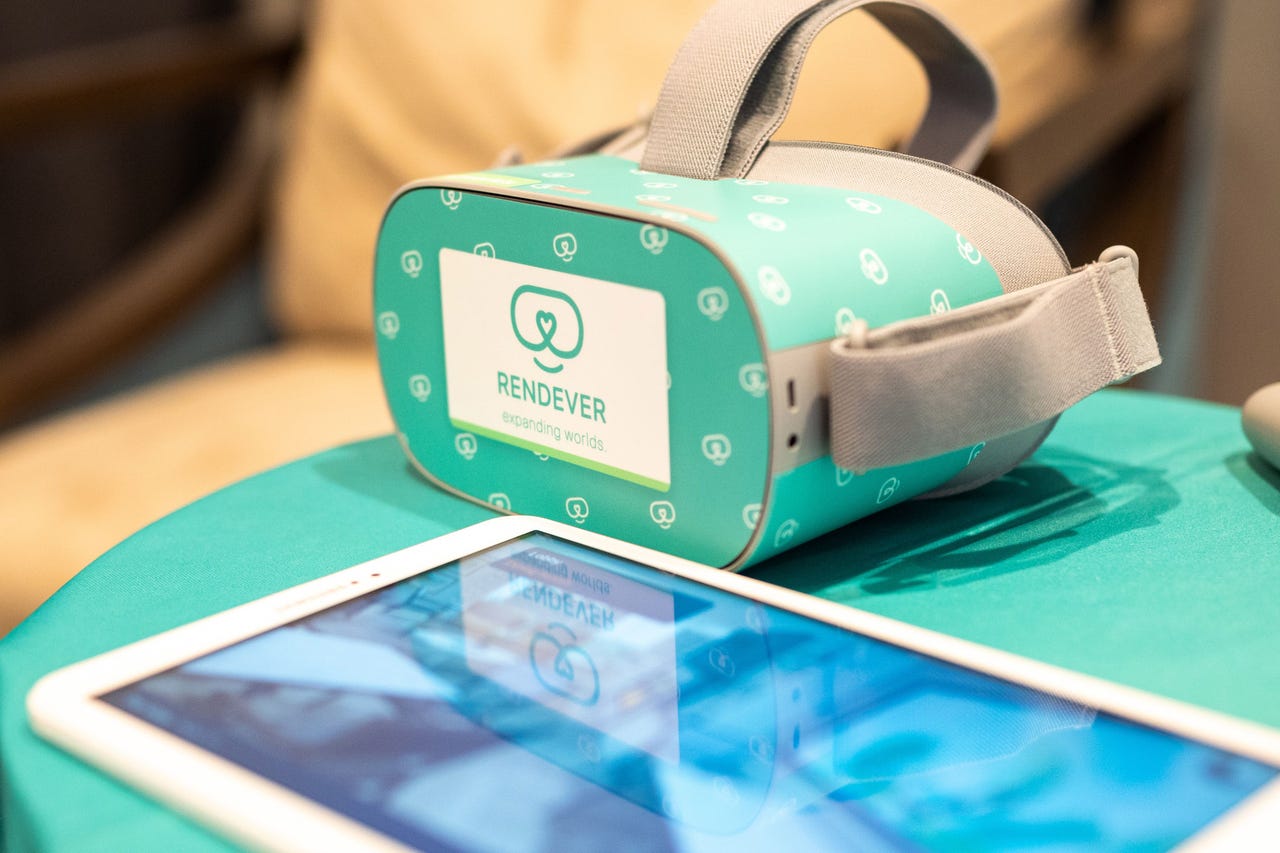VR for mental health and memory


A company that makes VR solutions to help reduce the effects of social isolation, is bringing its technology to senior care facilities in the northeast. The partnership between Rendever, a VR company founded by MIT alumni, and Vantage Point Retirement Living is aimed at bettering the lives of seniors affected by life-altering mental health conditions, including through a memory care program for those suffering from Alzheimer's and dementia.
There's a growing body of research on the effectiveness of VR and memory. In 2018, researchers at the University of Maryland conducted the first in-depth study to determine whether immersive virtual reality environments are better for learning and memory retention than traditional platforms. Published in the journal Virtual Reality, the results showed that "immersion aids," which permit better spatial awareness than desktop screens, draw on the power of spatial mnemonics to aid memory.
Rendever's VR technology is aimed at combatting the effects of social isolation. It is being used by high-profile senior living operators, has research funded by the NIH and NIA, and has commercial partnerships with major organizations like AARP and Verizon.
"Alzheimer's and dementia affect millions of Americans each year, and we proudly work everyday to develop tools that provide care to those suffering," said Kyle Rand, Cofounder and CEO of Rendever. "While our platform was designed to decrease social isolation, our dedication to improving the overall mental and physical health of seniors allows us to partner with great organizations like Vantage Point to tackle other major health and wellness challenges that are frequently linked to isolation."
Anecdotally, at least, the technology seems to be having a positive early impact.
"We had a resident who spoke only two or three words when the program started. Now, she can hold conversations and share past experiences," said Rita Stevens, Cofounder and visionary behind New Directions, a program for those suffering from Alzheimer's and dementia for Vantage Point. "Seeing residents being able to effectively communicate after using Rendever's immersive platform has been amazing. She virtually visited faraway countries and participated in fun activities, like riding elephants. Family members get emotional after seeing their loved ones' personalities come back, and this is a true testament to our partnership with Rendever."
The University of Maryland study showed the VR group had a statistically significant recall improvement using VR in an exercise that tests memory and retention, scoring 8.8 percent better than a group using a traditional computer screen during the same exercises.
"Humans have always used visual-based methods to help them remember information, whether it's cave drawings, clay tablets, printed text and images, or video," said Eric Krokos, a doctoral student in computer science and lead author on the paper. "We wanted to see if virtual reality might be the next logical step in this progression."
As with all emerging technologies, VR requires more study before its real efficacy as a memory aid is understood. One 2020 study actually disputed the prevailing wisdom when findings showed VR may interfere with visual memory.